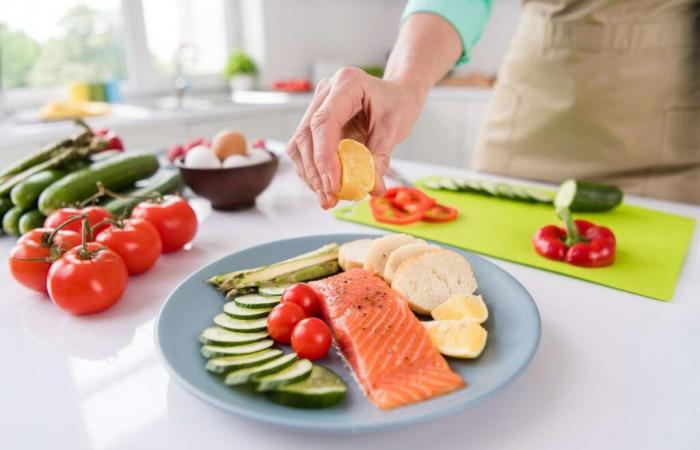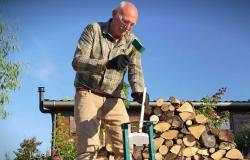This is why it is essential during this period to “pay attention to your diet”, as recommended by Health Insurance. And this, based on some targeted advice:
ensure a protein intake at each meal, fish or white meat in mind; use oils rich in omega-3 (rapeseed, nuts, etc.) for your seasonings; reduce your consumption of cold meats and red meats; favor homemade over industrial products, often rich in sugars, fats and salt; steam cooking rather than butter or frying; moderate your alcohol consumption: “consume at most 10 standard glasses of alcohol per week, without exceeding 2 standard glasses per day and keep days in the week without consumption,” recalls Health Insurance. And add: “alcohol is a particularly caloric drink, and, even in small quantities, it increases the tendency to gain weight observed at menopause.” No snacking
The challenge remains to ensure sufficiently substantial intakes during meals, so as not to feel hungry afterwards and to be tempted by snacking. And faced with the risk this time of osteoporosis, have a sufficient intake of calcium, for example by consuming 3 dairy products per day and/or water rich in calcium.
Physical activity
Finally, these nutritional advice are integrated into a healthy lifestyle which also includes regular physical activity: walking, cycling, swimming, at least two to three times a week. Objective: maintain flexibility and maintain muscular strength. And if you have the slightest question, ask your doctor.
Prostate cancer: new pesticides singled out
Source: Destination Santé
Health






